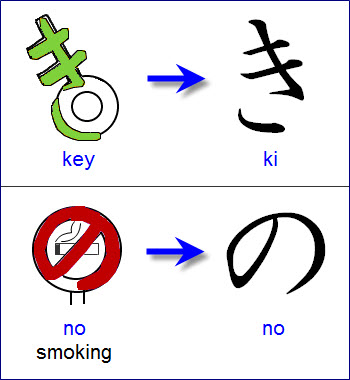Kilrogg - people pronounce shit incorrectly in every language all over the world. There are probably 900 different ways people pronounce the word butter. So while I'm definitely not saying people don't shorten sounds or pronounce shit in a colloquial way in Japan, what I was saying was that EE and EI in Japanese are completely different, even if they sound similar in mainstream speech.
I
think I see what you're saying, and I agree in the sense that generally speaking, EI can be pronounced "EI" or EE", but EE can only be pronounced "EI", unless what Zefah said it's true. But then, if it is, it tends to prove that, as I was originally saying, there is some overlap between えい and ええ, and possibly おお and おう.
Just so we're clear though: I've been talking about
native speakers of Japanese all along obviously, not learners. And while I'm sure some underrepresented regional accent might pronounced EE and EI completely the same all the time (or completely differently all the time), I'm talking about standardized speech. The way your average 標準語 speaker says stuff. Heck, I'm pretty sure there is no difference with the more common varieties of 関西弁. I certainly haven't heard any differences between the way EE/EI and OO/OU are pronounced between people in Tôkyô and 博多弁 speakers from my time in Fukuoka.
Here's an obscure example, 犬猿. If you come across this word in real life, you'll hear people say KE-N-EN, KEN-EN, and KEn-nEN. I guarantee most people in this thread wouldn't even pick up the difference between all 3 if a native person said it.
An example that's not exactly the same but still gets the point across - right now if you're reading this, say out loud the word for cloud, then say the word spider. Go ahead, I'll wait.
If you said them exactly the same, congratulations, you are not a native Japanese person.
This example you gave is probably meant to assess my ear, which I can understand since we don't know each other and you don't know how good/poor my ear is. Rest assured that to me, all three pronunciations are 100% different from one another. I hear the differences, and I can reproduce the differences when I speak. It's not a matter of regionalism, they're just completely different, and like you said, anyone who says 犬猿 any other way than KEN-EN is not a native speaker. You won't find a single native speaker who pronounces it differently unless they a have a serious speech impediment or they have some kind of weird regional version of Japanese that somehow changes the pronounciation of that word. Highly unlikely, if you ask me.
And that's really where I can't fully agree with you: unlike 犬猿, I have, for a fact, heard Japanese people who speak a perfectly natural Japanese, with no speech impediment or weird regional accent, pronounce an えい spelling as ええ. Depends on the word, depends on the person, depends on the way they emphasize the word, sure, but I've heard it from native speakers nonetheless. Multiple times. And I've also heard them pronounce them differently. Just like I do. Depends.
To this day, the single biggest difference I've heard might not even be caused by the spelling, but by the pitch accent, and it doesn't even have anything to do with い vs. え. Sorry if I'm repeating myself, but to me, 先生 is more open than ええ、そうです。 "è" vs. "é". They're different vowels. I don't even think the Japanese themselves realize it, because it's not a relevant distinction in Japanese phonetics, unlike in French for instance.
(It's kinda like if someone said 「おす。」 in a very calm way and then an 応援団 comes along and they all yell 「おす!!」. The latter would be a more open お than the former, but the Japanese wouldn't hear the difference because it's not relevant in Japanese. The French and the Koreans could though, because both our languages have that distinction... Anyway, just rambling at this point.)
I don't want anyone to 'defer' to me on anything because I'm not a native speaker and never will be, but it's not like we haven't earned a tiny, teeny bit of cred.
I know you're responding to CornBurrito, but just so you know: I know when someone know more than me, and it seems to be your case most of the time. Same with Zefah. That's why I "defer" to you guys.
Gacha-pin, if you're around, I'd love your input as a native speaker.
edit: nevermind, apparently Zef replied while I was typing this. wasn't aware of any outside-of-thread beef so maybe it was more directed at Zef then me. yeah. fuck you zef!!
That goes without saying: fuck you, Zef. Like, yeah.

